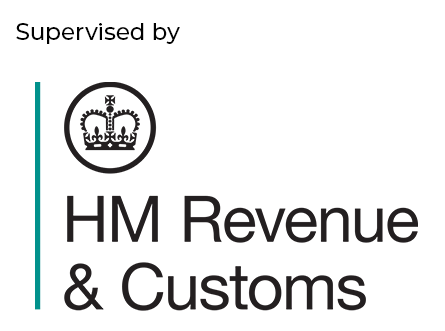As all employers are aware, the Government sets the National Minimum Wage rates each year and they are set to rise on 1st April 2023 as below:
| Employees aged 23 and over | £10.42 per hour (National Living Wage rate) |
| Employees aged 21 -22 | £10.18 per hour |
| Employees aged 18-20 | £7.49 per hour |
| Employees aged 16-17 | £5.28 per hour |
| Apprentices* | £5.28 per hour |
* The apprentice rate applies to apprentices aged 16-18 or those aged 19 and over who have completed the first year of their apprenticeship.
The increases aim to support the wages and living standards of lower paid workers at a time when many are feeling pressure from the rising cost of living. They ensure that the National Living Wage continues to be on track to meet the Government’s target of two-thirds of average earnings by 2024. The National Living Wage 92p increase is the largest ever cash increase applied (April 2022 NLW was £9.50 per hour) and there are significant increases to the rates for younger workers.
Please note that it is the employer’s responsibility to ensure that the correct minimum wage rate is applied to all employees, whether hourly paid or salaried. Here at Just Simply Organised, the payroll team can help you with these calculations if requested. We will need specific details of the employee’s working hours, days and employment terms. It is recommended that all employers check each year that they are meeting minimum wage standards.
HMRC do send letters to employees advising them to check that they are receiving the National Minimum Wage and report any concerns directly to them. They highlight the most common causes of being underpaid as being:
- A requirement to work extra time before or after a shift, which is unpaid, for a handover etc.
- Unpaid travelling time between assignments;
- Unpaid training time;
- Paying for necessary equipment or uniforms, which includes the requirement to adhere to a dress code, such as wearing only black and white clothing, for example;
- Failure to review hourly rates for salaried employees each year.
See the link below:
HMRC’s guidance on the National Minimum Wage
In the event of any overpayment of wages in a previous payroll, recovery of these sums must not cause the employee to drop below the National Minimum Wage in any one payroll period.
If HMRC or the employer discovers that an underpayment of National Minimum Wage has been made, any arrears are due for immediate repayment to the affected employees. Any corresponding PAYE liabilities will also be due to HMRC.
Statutory pay increases with effect from 6th April 2023:
Statutory Sick pay increases from £99.35 to £109.40 per week.
Statutory Maternity*,Paternity, Adoption and Parental Bereavement pay increases from £156.66 to £172.48 per week (or 90% of employee’s average weekly earnings, whichever is lower).
*SMP is paid at a weekly rate of 90% of employee’s average weekly earnings for first 6 weeks, followed by 33 weeks at the standard weekly rate as above.
How long do I need to keep my payroll records for?
It is important to review your hourly pay rates and salaries to ensure that you are not unintentionally under-paying your employees. HMRC undertake frequent National Minimum Wage inspections, which will look at all of your payroll records, including employee contracts or employment terms, as well as sick pay and holiday records.
While HMRC give the minimum retention time for payroll records as being three full years from the end of the tax year that they relate to, records to show that the National Minimum Wage has been adhered to must be kept for six full years. Just Simply Organised provides comprehensive payroll reports each month and ask that you retain these safely in case of need for the full six year term.
Here at Just Simply Organised, the payroll team can help employers ensure that they are meeting their responsibilities. If you need help, call us today on 01892 770612 or email us at payroll@justsimplyorganised.co.uk







